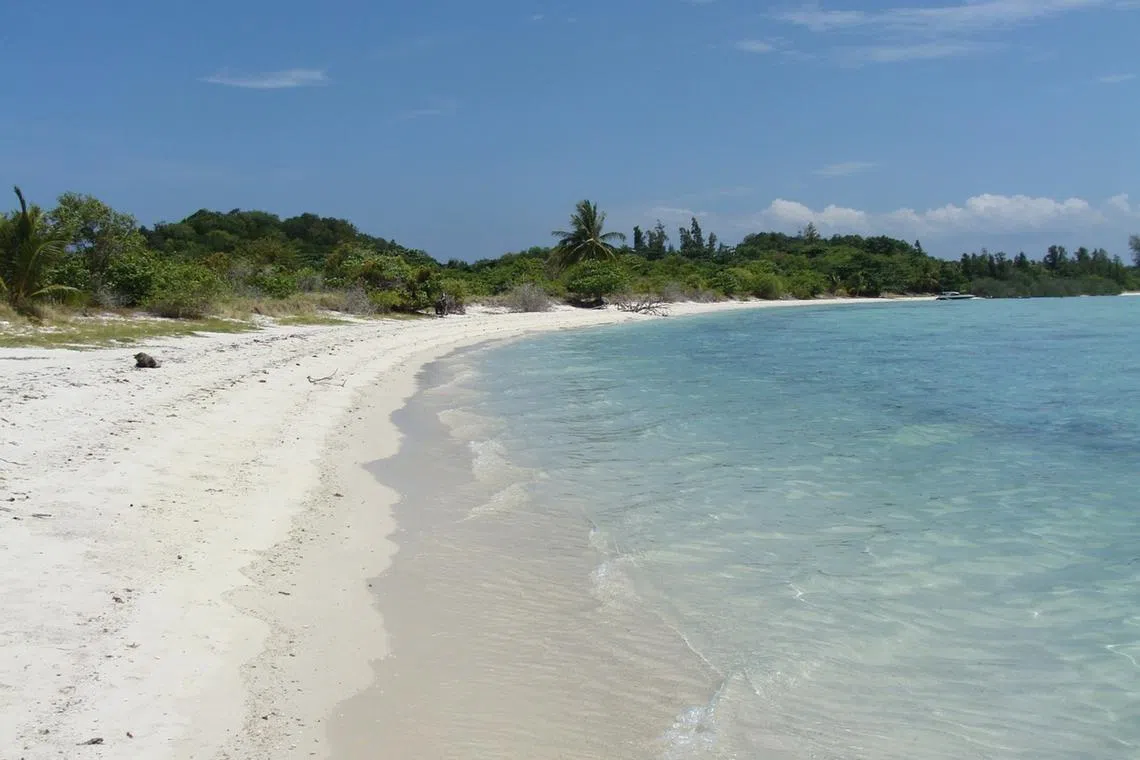Thailand’s Koh Samui grapples with water shortage due to lack of rain and increased demand
Sign up now: Get insights on Asia's fast-moving developments

Known for its beaches and luxury resorts, Koh Samui often struggles with a lack of fresh water during the dry season.
PHOTO: PIXABAY
A lack of rainfall and an increase in demand have led to a water crisis in Thailand’s resort island of Koh Samui.
The levels of many water bodies around the island are said to have been drastically lowered, which has affected the amount of fresh water available to produce clean water.
The island is said to have just enough local fresh water supplies for residents for less than 30 days, according to a report in the Bangkok Post.
The situation has prompted Mr Sutham Samthong, a deputy mayor of Koh Samui, to urge the public to use water sparingly.
He said water is being brought in from other areas and private reservoirs. Mr Sutham said careful management of resources would allow the island to navigate the next two months, after which it is expecting rain.
Koh Samui is famous for its white sandy beaches, temples and luxury resorts.
It often struggles with a lack of fresh water during the dry season between March and May.
However, there are concerns that the El Nino weather phenomenon,
The current shortage has already affected the everyday lives of locals.
Residents have reported irregular tap water flows, which have forced them to pay between 250 baht (around S$10) and 300 baht to procure around 2,000 litres of water for daily use, the Bangkok Post said.
The scarcity is also affecting the region’s tourism industry, which has bounced back after the Covid-19 pandemic.
The chair of the Tourism Association of Koh Samui, Mr Ratchaporn Poonsawat, said the number of rooms available on the island, including at hotels and villas, fell to just 5,000 during the pandemic. That figure has since jumped to 25,000, which is the same level as 2019. As a result, problems over water and waste management are also re-emerging.
Mr Ratchaporn also said that the water shortage could increase costs for tourism businesses since their owners would need to buy fresh water.
“The mounting costs associated with the shortage could also adversely affect the livelihood of hospitality workers on the island. If water supplies continue to be depleted, these hard-working individuals might be forced to bear higher living costs,” he said, according to a report on Thai news website Thaiger.
Mr Sutham, the deputy mayor, said Koh Samui needs 30,000 cubic m of water a day.
The Thai authorities have since begun an operation to supply most of that amount, about 24,000 cubic m, through an underwater pipeline from neighbouring Surat Thani province on the Thai mainland.
Reservoir supplies would be used to make up for the shortfall.
The operation began last Saturday and will be repeated every other day until the crisis eases.


